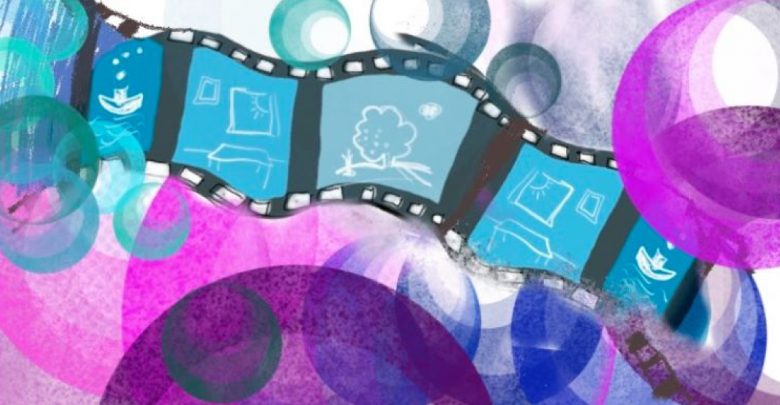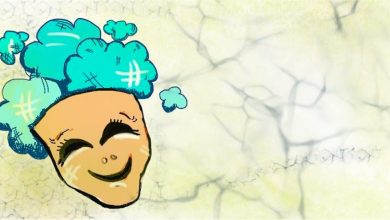Learning demands and taking a risk—learning with movies
Movie for therapeutic and self-learning purposes. In this article we would like to invite you to analyze taking a risk in learning by watching a particular movie.

Why did I choose this tool?
A movie is a powerful tool: “Who has not walked out of a movie theater feeling sad, scared, inspired, or otherwise moved? Movies can potentially open a person’s eyes to new solutions to any number of difficulties and may provide many therapeutic benefits in addition to entertainment. They might offer hope, provide role models, and reframe problems. Film characters may also serve to exemplify different issues people face. A person addressing alcohol abuse in therapy might, for example, find viewing a movie in which a character achieves recovery from the same concern to be both inspirational and helpful.” (goodtherapy.org)
By watching movies that resonate with our present personal situations and problems and seeing how the characters solved similar problems, we learn how to do the same; therefore, this tool helps us develop the competence to identify our further learning objectives and pursue them proactively.
How does it apply to being a trainer?
It is a great tool for instigating self-reflection and transformative change in trainers.
Content
Elements of a movie—music, story, dialogue, lighting, roles, and images—can often evoke deep feelings among viewers, spurring personal reflection and getting new perspectives on the events of their personal lives.
Movies might be used as part of individual learning, group learning, or family development, but also as a part of self-directed individual learning process. They can also generate empathy, increase communication and social skills, and encourage higher awareness of one’s own feelings and desires. The idea is to choose movies with themes that mirror your current problem or situation (webmd.com).
Watching movies allows viewers to engage in a number of ways—linguistically, in a visuospatial way, interpersonally, and intrapsychically. Movie therapy advocates believe this may be helpful because learning has been shown to be faster, deeper and more effective when information is processed in more than one way (goodtherapy.org).
Exercise:
a) Please, watch this short film Butterfly Circus:
https://www.youtube.com/watch?v=p98KAEif3bI
© 2019 The Butterfly Circus
b) If you agree that the main character was a learner – try to identify the learning moments in his learning journey. What was the initial impulse? What were the turning points? How has he recognized his competences?
In detail:
c) How would you describe the moment when manager said: “You are incredible”. Why does it matter? Would that work for you?
d) What helped the main character to take the risk now or never ? Describe the criteria of this particular environment.
e) How did observing other learners and different learning strategies, abilities and competences influence the learner?
f) How was the learner coping with self-defense and the inner critic – “I can’t do anything”? What strategies did he use to keep the self-criticism at bay and to overcome it?
g) Failure which leads to the discovery of an inner power (new competence)—swimming. Describe the environment: who was around, what feeling did the learner have before the “failure”? What happened?
h) Mastering the competence and sharing with others: describe what happened after the discovery of a new competence?
i) Try to relate the previously mentioned key moments in the film to your own life experiences. Try to find similar moments in your life and reflect on how these moments changed you.
Reflection questions:
- What are your thoughts on this article?
- Have you ever seen a movie that resonated with the life situation you were going through at the time? If yes, how did it feel to watch it? Did you learn anything from it that you were able to transfer to your own life?
- Is there a topic you are thinking about a lot in this period of your professional life? Is there a movie about that topic that you could watch to help you reflect on it?
- Are there any movies you would like to use as a trainer in your training to raise some important topics, and if yes, what movies would these be?
Recommended related reading:
- Solomon, Gary (1995) The Motion Picture Prescription: Watch This Movie and Call Me in the Morning: 200 Movies to Help You Heal Life’s Problems
- Solomon, Gary (2001) Reel Therapy: How Movies Inspire You to Overcome Life’s Problems






